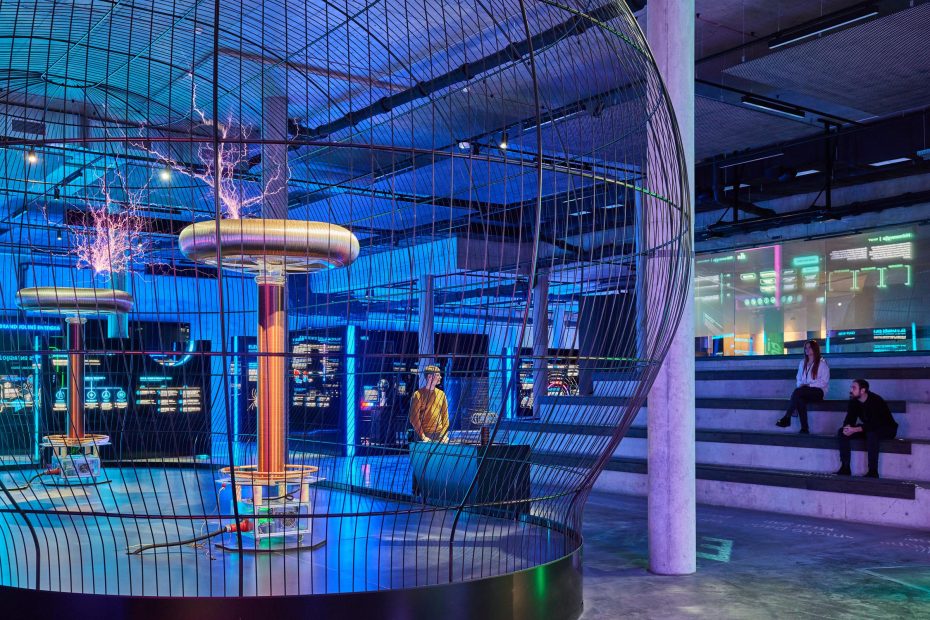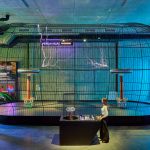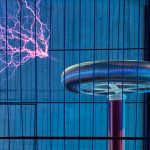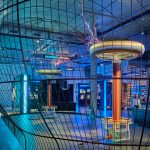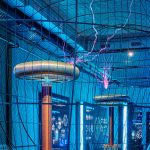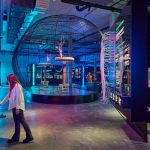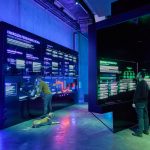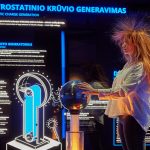A new permanent exhibition, Transformation Hall, created in 2018-2022 is opening in the Energy and Technology Museum. The most modern exposition on energy and energy transformations in the Baltic States was financed by the European Union Regional Development Fund and Vilnius City Municipality. 1000 sq. m exposition consists of more than two dozen interactive exhibits. It welcomes visitors from all over Lithuania and other countries.
After completing this project, the Museum of Energy and Technology expanded its functions – the custodian of the history and equipment of the old power plant became a modern science center.
“Children will create an unseen future, a new, better world. Our goal is to provide them with the tools to understand the world as it is and inspire discovery. Great teachers and supportive parents are key in this journey. I hope that with them, our smaller citizens of Vilnius will be frequent visitors of the exposition that opens today. There was a long way to go before its opening – thanks to everyone who contributed. And now I invite children of any age (including those who already have their own children) to come and experience new sensations”, said Vilnius Mayor Remigijus Šimašius.
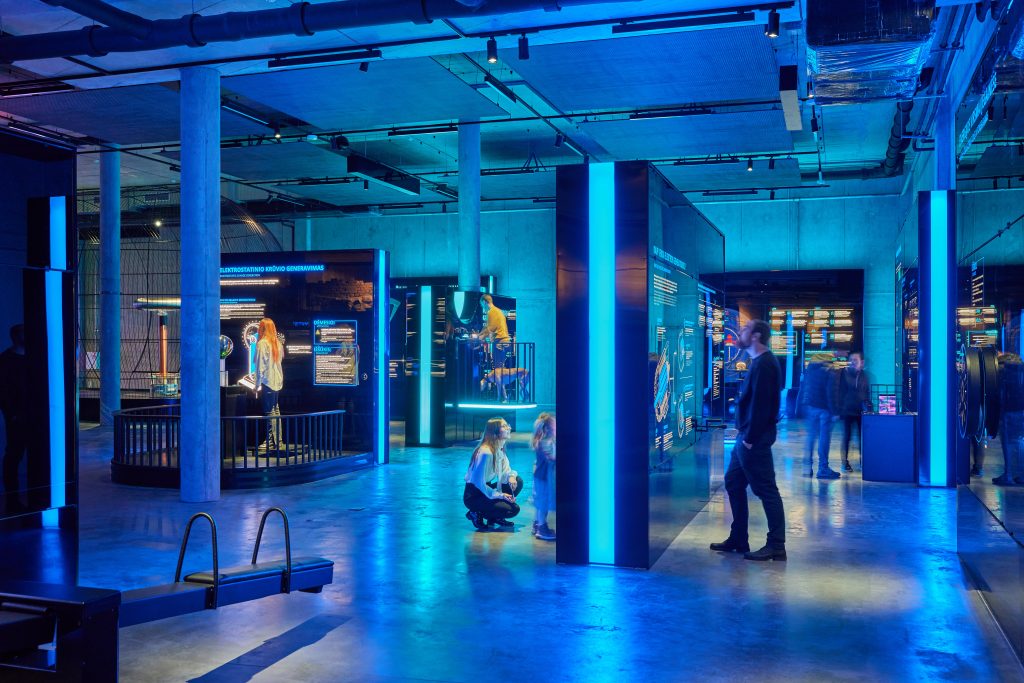

Transformation Hall. Norbert Tukaj, Energy and Technology Museum photos
A unique and immersive experience
The new Transformation Hall was built on the site of the former Transport Exhibition, but it is located 6 metres below the ground. During its construction, objects from the years of construction of the old Vilnius power plant were discovered, which are classified as valuable properties of the museum. One of them is the exposed foundations of the historical power plant chimney on the side of the Transformation Hall, the location of which was not known exactly until now.
A unique and immersive experience is created for visitors in the Transformation Hall. Each exhibit consists of two parts. During the interactive challenge, the visitor will generate Quantums of energy, which will be exchanged for souvenirs and a Hall of Transformation Engineer certificate. In the second part, there is a narrative of historical and technological development, which is presented in the yesterday-today-tomorrow section.
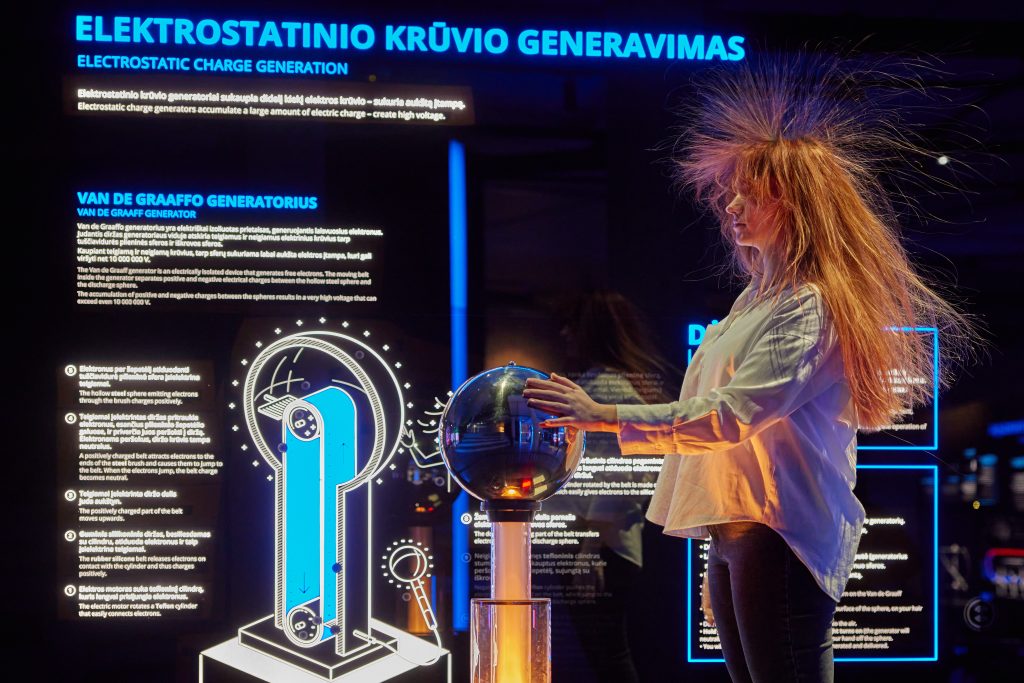

“When creating Transformation Hall, we aimed at the future – we were interested in what technologies are being developed and will be implemented in the future, how it will change our everyday lives and habits. We consulted with engineers, physicists, architects – many scientists from different fields and combined their research. We hope that we will be able to change the exhibition section “tomorrow” to “today” quite soon”, said director of the Energy and Technology Museum, project manager Mykolas Bistrickas.
Will raise a generation of engineers
In the centre of the exhibition there are exclusive exhibits: one small and two large Tesla coils. In 1891, the invention was created by an engineer of Serbian origin, Nikola Tesla. “We live in times when climate and geopolitical challenges force us to reduce CO2 emissions, look for alternative fuel sources, use available resources more efficiently and improve existing technologies. These challenges will be solved by our and future generations. Tesla’s ideas have surpassed time and are still relevant today. So we want to tell the visitor, especially the young one: dream big, because even one person can achieve a lot”, Bistrickas said.
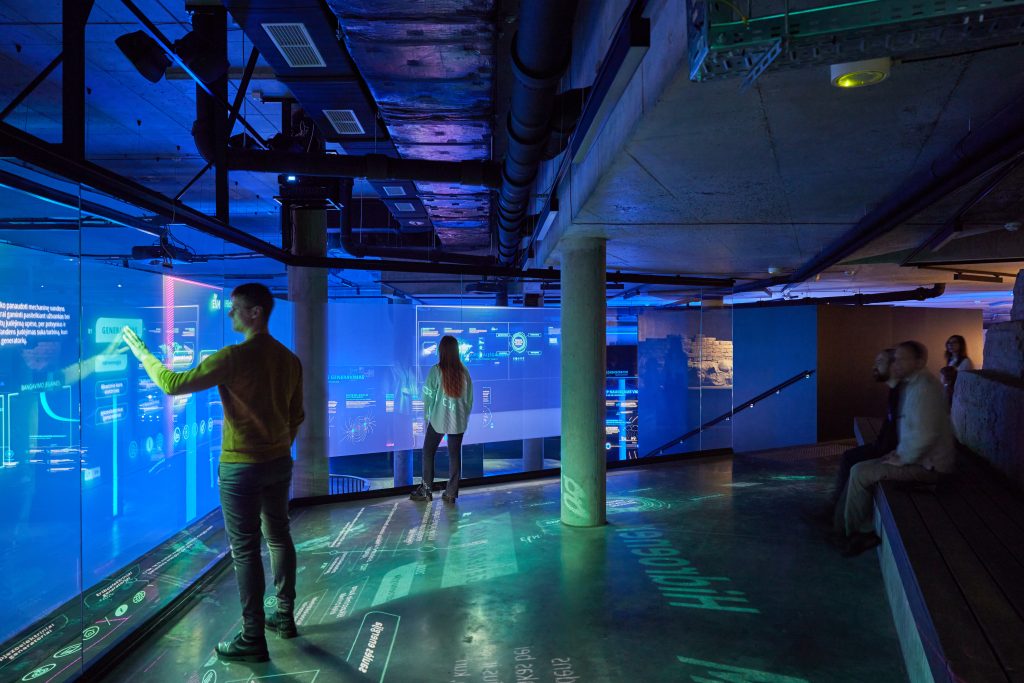

In addition to the main exhibition, Transformation Hall will offer engaging educational programs and a space for schoolchildren to prepare for exams. Moreover, the exhibition responds to the need of the education sector to train more engineers and energy workers, the public’s desire to be educated in the fields of energy and technology. For this purpose, this year the Energy and Technology Museum joined the #EnergySmartSTART program of the “Ignitis Group”, which educates future energy workers and popularizes engineering studies.
According to Darius Maikštėnas, head of “Ignitis Group”, the importance of renewable energy will grow in the coming decades. “It will permeate all areas of our lives, touching the entire society. This means that the demand for energy workers will grow, and with it the importance of the profession. The museum is just the place to ignite a spark of curiosity in children and young people and encourage them to continue their studies and careers in energy or engineering. I am glad that the goals of Transformation Hall coincide with our #EnergySmartSTART program, which we aim to attract more young people to energy” Maikštėnas said.
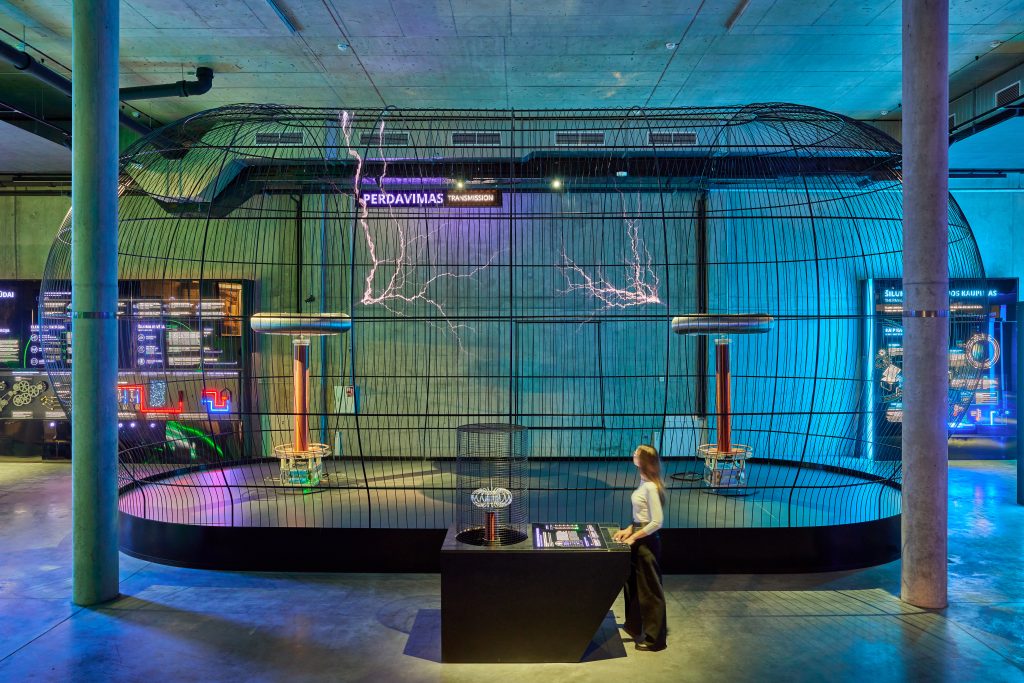

Science center
During the EU investment project, the museum’s infrastructure was modernized, accessibility for the disabled was improved, the roof terrace was opened for visitors, science workshops (electronics, mechanics, chemistry and photography) were created and equipped. Educational activities for schoolchildren, a technical creation club and a summer camp take place here and students from various universities carry out their practice.
In addition to the traditional tasks of museology to collect, preserve and research, the Energy and Technology Museum becomes a significant center of knowledge and popularization of science. “In 2019, at the International Council of Museums meeting, we talked about how the definition and functions of the museum institution are changing”, Bistrickas recalled: “In order to maintain their importance, museums must be interactive, have workshops and involve schoolchildren in creative activities. After the reconstruction phase, the pandemic period, we are back with a bang by opening a new exposure to culture and education. The new Transformation Hall will allow us to carry out our activities at the European level, and their architecture and content will lay the foundations for the creation of other modern expositions in Lithuania.”
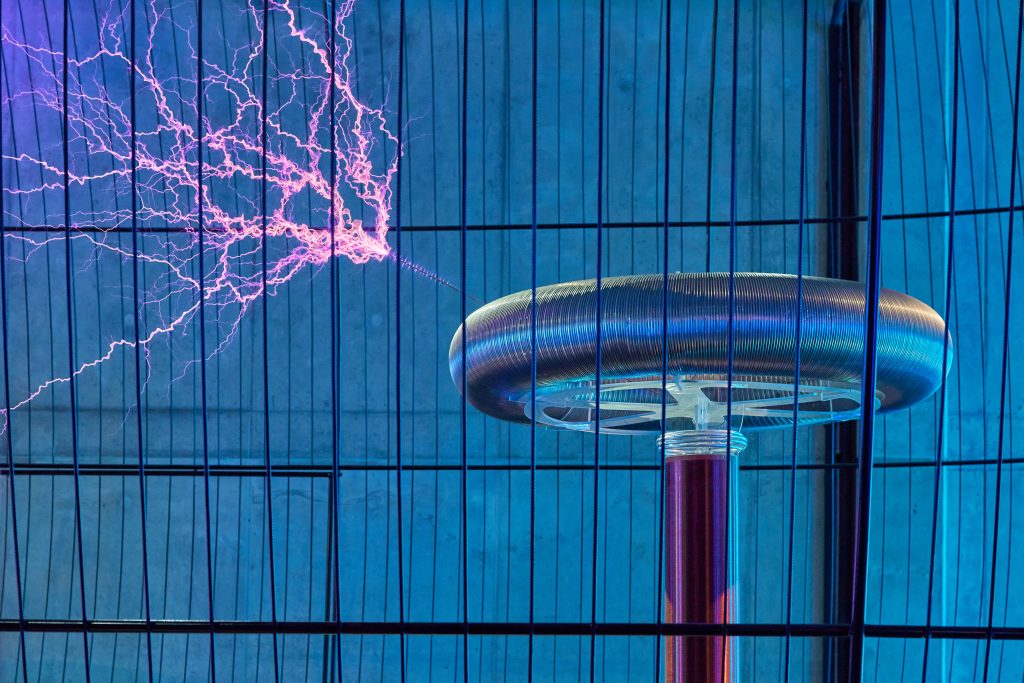

The Transformation Hall, a permanent exhibition of the Energy and Technology Museum, opens for visitors on December 28th.
The project is financed from the European Union Regional Development Fund and the budget of Vilnius City Municipality.
Partner: #EnergySmartSTART powered by “Ignitis Group”
Information partner: LRT

